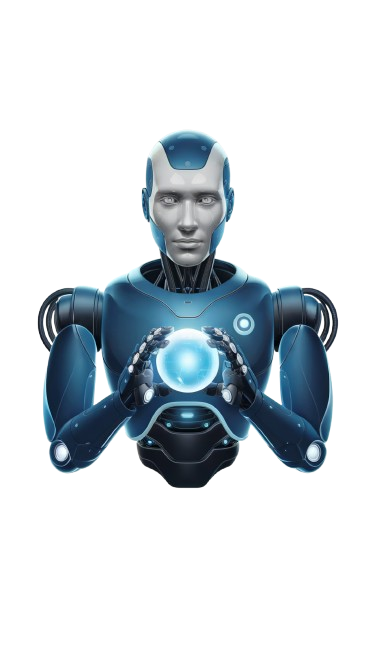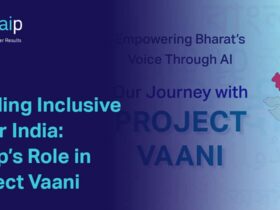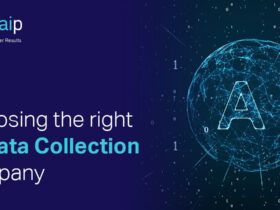Dheeraj Pandey, CEO and co-founder of DevRev, is also the former CEO and founder of Nutanix and a current board member of Adobe. Along with co-founder Manoj Agarwal, Pandey launched DevRev to transform how developers (Dev) connect with revenue-generating customers (Rev).
DevRev’s mission is to embed customer-centricity into the core of product development, turning it into a cultural foundation rather than a departmental focus. By leveraging data, AI, and design, the platform empowers developers to directly impact business outcomes, streamline workflows, and accelerate innovation. Backed by one of the largest seed fundings in Silicon Valley history, DevRev is redefining customer-focused product development with its Product-Led Growth (PLG) model.
What inspired you to found DevRev after your successful tenure with Nutanix, and how did your experience there shape the vision for DevRev?
While building Nutanix during the era of Enterprise SaaS 1.0, I learned that enterprise software often turns into a maze of fragmented tools, each tackling just a piece of a broader problem. Many products in the market are really just features packaged as full solutions. This experience fueled my desire to build a platform that could truly unify and simplify complex workflows, helping businesses focus on what really matters: their customers. DevRev was born from this idea of doing fewer things but doing them better—integrating functions seamlessly to build more customer-centric companies.”
DevRev is described as being built “from a blank page in the AI era.” Can you elaborate on what this means, and why it was important to start fresh rather than build on existing SaaS systems?
Starting DevRev from scratch in today’s AI-driven world allowed us to create a fundamentally different product without legacy constraints. AI is undergoing what I like to call a ‘Goldilocks moment’—a balance where technology, demand, and tools like neural networks are just right for transformation. Building from a blank page meant we could leverage these advances to rethink what SaaS could be and place customers and products at the center rather than adapting old systems to new demands.
You have emphasized creating a customer-centric platform at DevRev. How do you ensure that AI-driven processes still keep human needs at the forefront of operations?
Our approach is to make AI an enabler, not a replacement. We prioritize interactions that align with real customer needs by integrating human insights into the heart of DevRev’s AI and knowledge graph—a powerful, unified system that ties together product, customer, and operational data to provide rich context for AI interactions. This means the AI can support teams by managing updates and simplifying processes, allowing companies to focus on real customer needs. The result is a platform that enhances human interactions by being collaborative and contextual, helping companies remain empathetic and responsive.
What were the biggest challenges you faced during the early days of DevRev, especially in terms of integrating AI and creating the knowledge graph that powers the platform?
One major challenge was avoiding the pitfalls of traditional project-centric systems. We wanted DevRev to be customer- and product-centric, which required a comprehensive knowledge graph from the start. Building this was complex, but it was essential to breaking down silos and integrating everything from customer feedback to engineering workflows into one seamless interface.
DevRev is positioned as an AI-native platform. How do you see AI evolving within the enterprise SaaS space, and what role does DevRev play in that transformation?
AI is the driving force behind what we see as SaaS 2.0—moving from static software to an adaptive, agent-driven experience. In this new model, AI is not just a tool but a foundational layer that learns and evolves alongside the business. DevRev leverages agentic AI to create a seamless, continuous learning environment, allowing companies to shift their focus from operational mechanics to deep customer engagement. Just as the cloud redefined infrastructure, AI is reshaping SaaS, enabling platforms like DevRev to drive richer, more responsive interactions across the entire enterprise.
How does DevRev’s knowledge graph differentiate it from traditional SaaS solutions? What value does it bring to businesses using your platform?
DevRev’s knowledge graph is built to unify product and customer data, creating a dynamic, integrated view across departments. Unlike traditional CRMs, which often emphasize sales transactions, our knowledge graph captures the full journey of a product and the customer’s interaction with it. This means businesses can better predict needs, resolve issues faster, and ultimately create a product that is continuously aligned with customer demands.
The new features in AgentOS, such as no-code custom AI agents and conversational search, aim to simplify work. Could you share specific examples of how these features have transformed operations for your clients?
With AgentOS, companies are finding they can streamline processes that once required multiple tools. For instance, no-code agents allow support teams to quickly build workflows that respond to unique customer needs without heavy IT involvement. One client used conversational search to reduce their response time by 30%, empowering support teams to focus more on customer satisfaction than backend coordination.
With major backers like Mayfield and Khosla Ventures, what was your approach to securing funding for DevRev, and how did you pitch the value of your AI-native platform to investors?
The pitch centered on a fresh approach to SaaS that would be purpose-built for the AI era. Investors recognized that the timing was right—AI, cloud, and customer expectations have all evolved. They saw DevRev as a platform that could integrate these elements into a unified solution, making enterprise software both more intelligent and more customer-centric.
DevRev is already seeing substantial time-saving impacts (e.g., reducing incident response times by 30%). What other areas of enterprise SaaS do you believe can benefit most from AI-driven efficiency?
AI can make an impact across functions, especially in areas that involve high-volume customer interactions, complex engineering processes, and frequent updates. DevRev is actively developing solutions that go beyond just time savings—helping companies cut down on operational costs while achieving a more agile, customer-driven approach.
As DevRev continues to grow, how do you maintain the balance between rapid scaling and staying true to your mission of building customer-centric companies?
Staying customer-centric means continuously evolving with our clients and their needs. We are focused on scalable, high-impact features rather than overwhelming users with options. Our team is committed to balancing growth with the principle of ‘less is better,’ ensuring that every feature we roll out enhances the customer journey and aligns with DevRev’s core mission.
Thank you for the great interview, readers who wish to learn more should visit DevRev.













